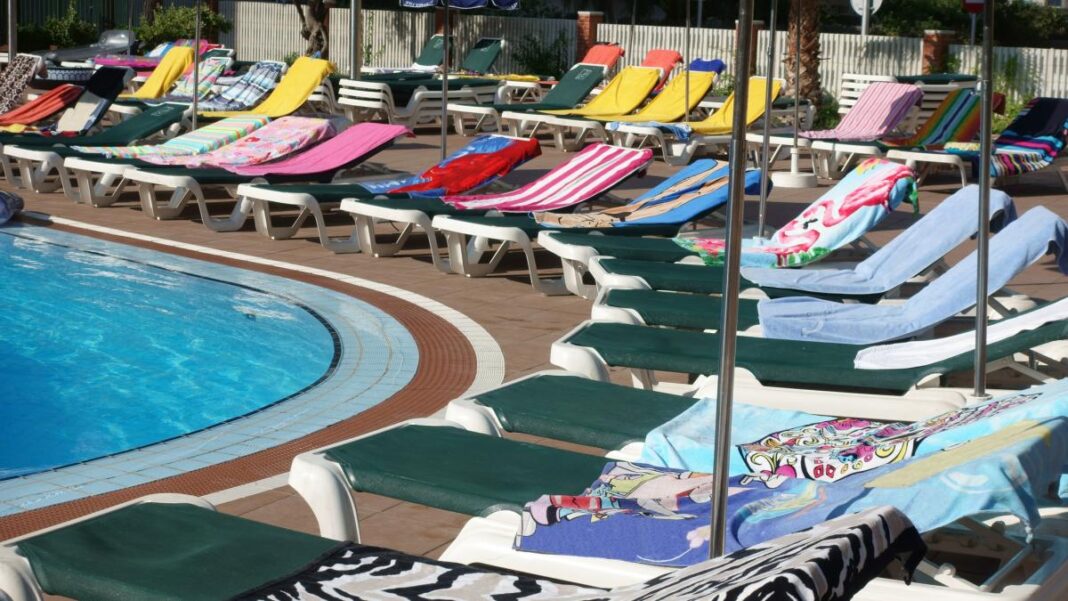BTN News: Whoever owns a swimming pool possesses a treasure. In the height of summer, with temperatures often soaring above 40 degrees Celsius, the luxury of cooling off with a dip in the water is a privilege not everyone can afford. In Spain, swimming pools are a symbol of luxury and comfort, especially when the heat becomes almost unbearable. According to the Directorate General of Cadastre, under the Ministry of Finance and Civil Service, there are approximately 1.29 million swimming pools across Spain (excluding Navarra and the Basque Country). This means there is one swimming pool for every 35 inhabitants, a clear indication of the high value placed on this amenity. Madrid leads the nation with the highest absolute number of pools, boasting 14,521 pools within the city limits.
However, the convenience of having a pool, particularly in densely populated urban areas, brings with it a unique set of challenges. While many of these pools are shared among residents in communal buildings, a growing trend has emerged where outsiders sneak into these communities to use the pools without permission. This phenomenon, often referred to as “pool squatters,” has become a widespread issue, causing significant distress and concern among residents every summer.
In the Comunidad Valenciana, this issue has escalated into what local media is calling “the pool wars,” with communities actively taking measures to prevent unauthorized individuals from using their pools. Some residential complexes have resorted to extreme measures, such as ensuring the doorman does not take vacation during the peak summer months from June to September, specifically to monitor pool access. Those communities that either cannot afford a full-time doorman or do not have one at all have started implementing a wristband system to control access to the pool. However, this solution comes at a steep price, costing between 2,000 and 3,000 euros. For communities seeking an even more secure solution, installing a fence around the pool area can exceed 15,000 euros.
An additional complication arises when a resident is part of the community but has not paid their dues. Property managers are clear on this issue: while a delinquent resident cannot be barred from using essential services like the garage or elevator, they can be restricted from using recreational amenities such as swimming pools or paddle courts. In other words, access to the pool can be denied to residents who are not up to date with their payments, reinforcing the importance of fulfilling communal financial obligations.
The allure of a private or communal swimming pool in Spain is undeniable, especially in the scorching summer months. But as pool squatters continue to exploit this coveted resource, communities are forced to implement costly and stringent measures to safeguard their aquatic sanctuaries. As the battle over pool access intensifies, it’s clear that maintaining these oases of refreshment requires not only financial investment but also a collective effort from all residents to ensure fair and secure use for those who rightfully belong.


